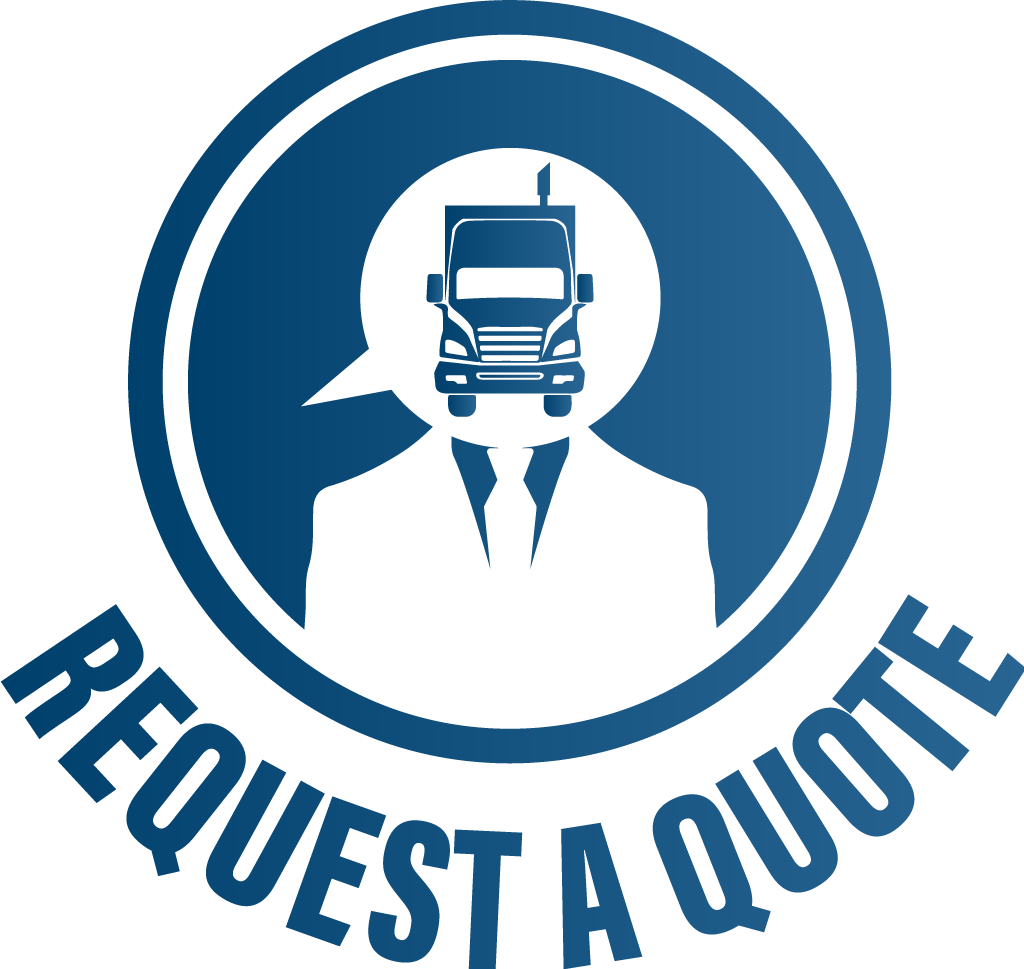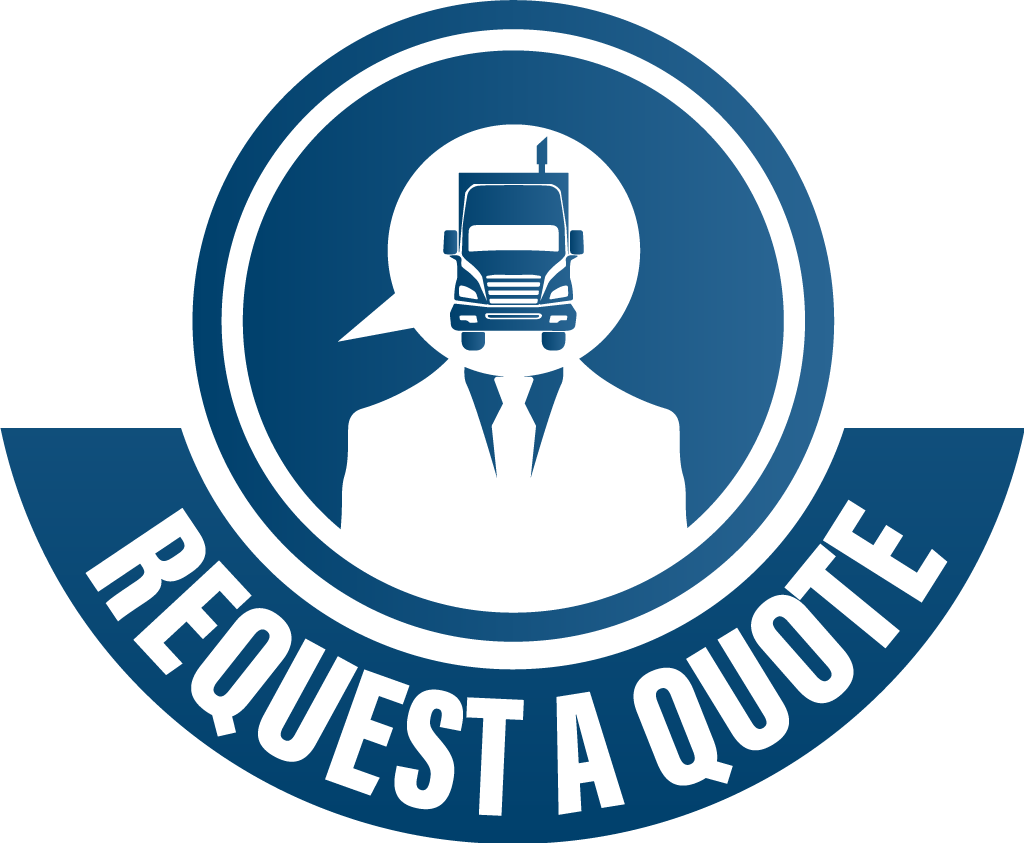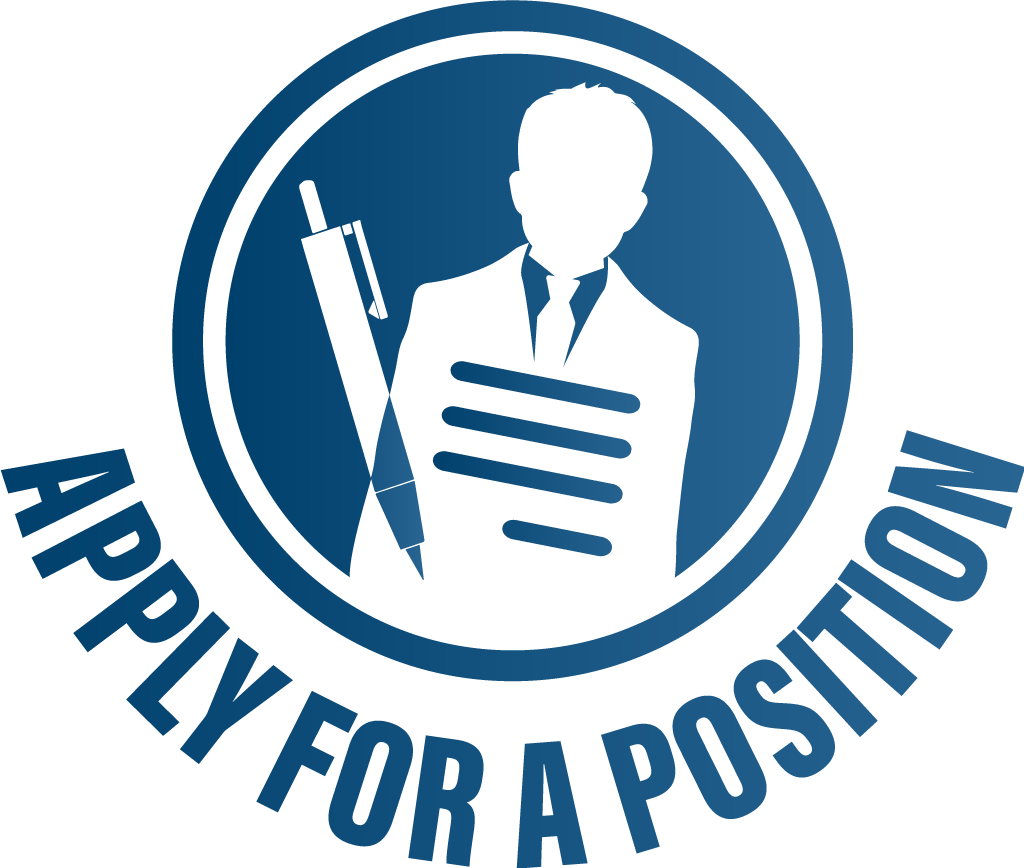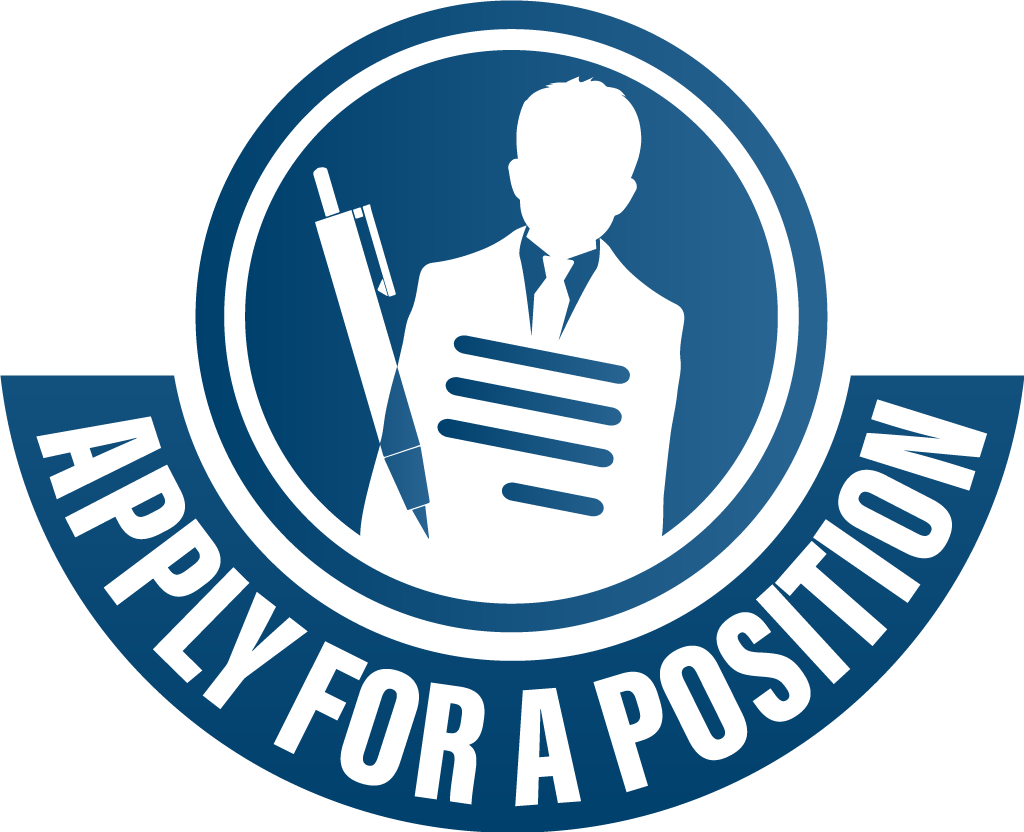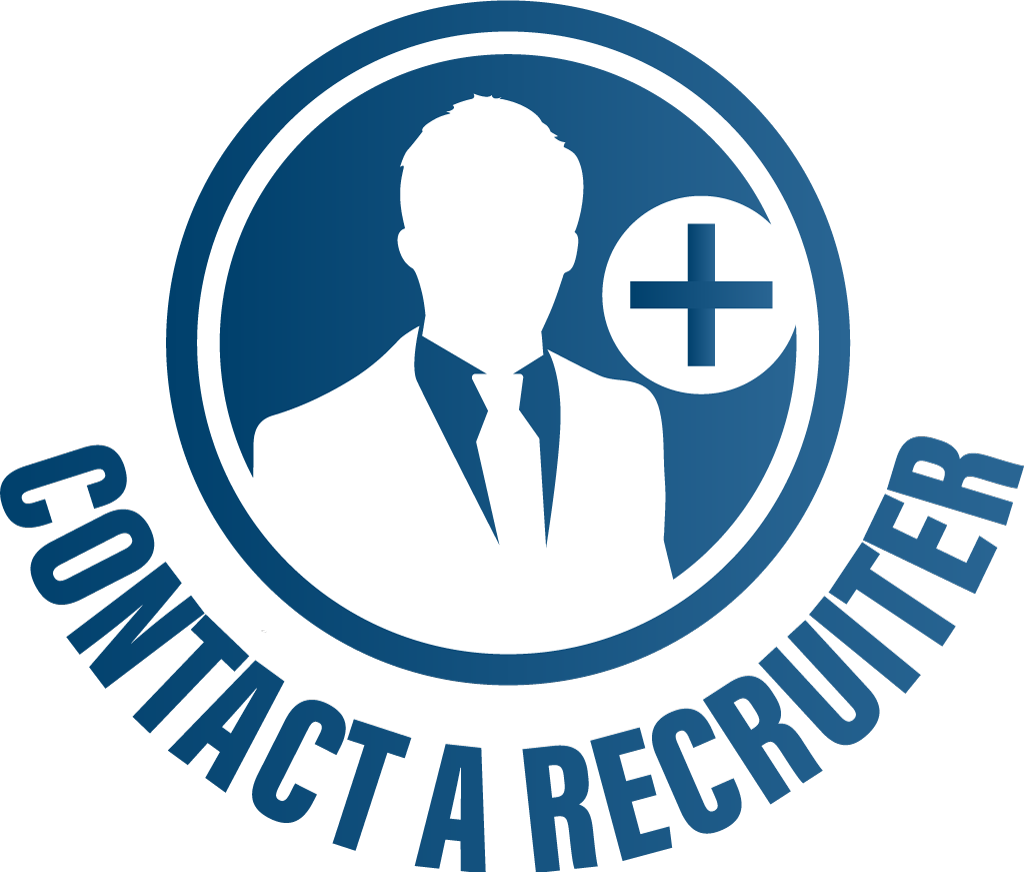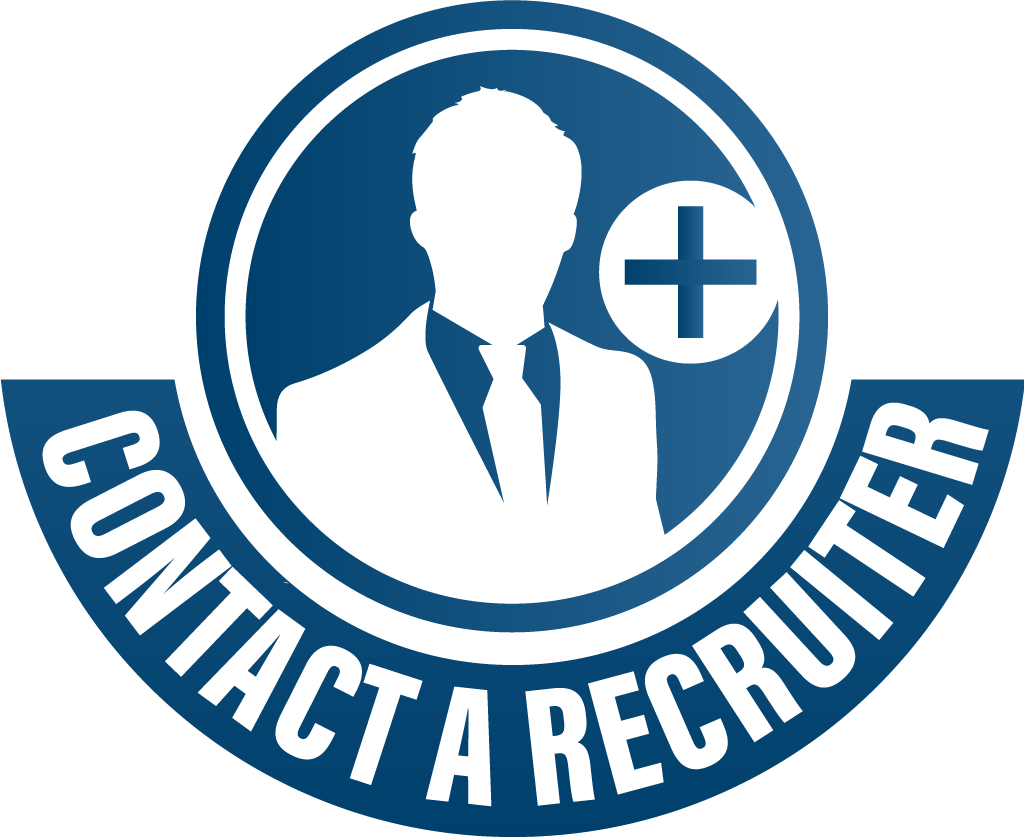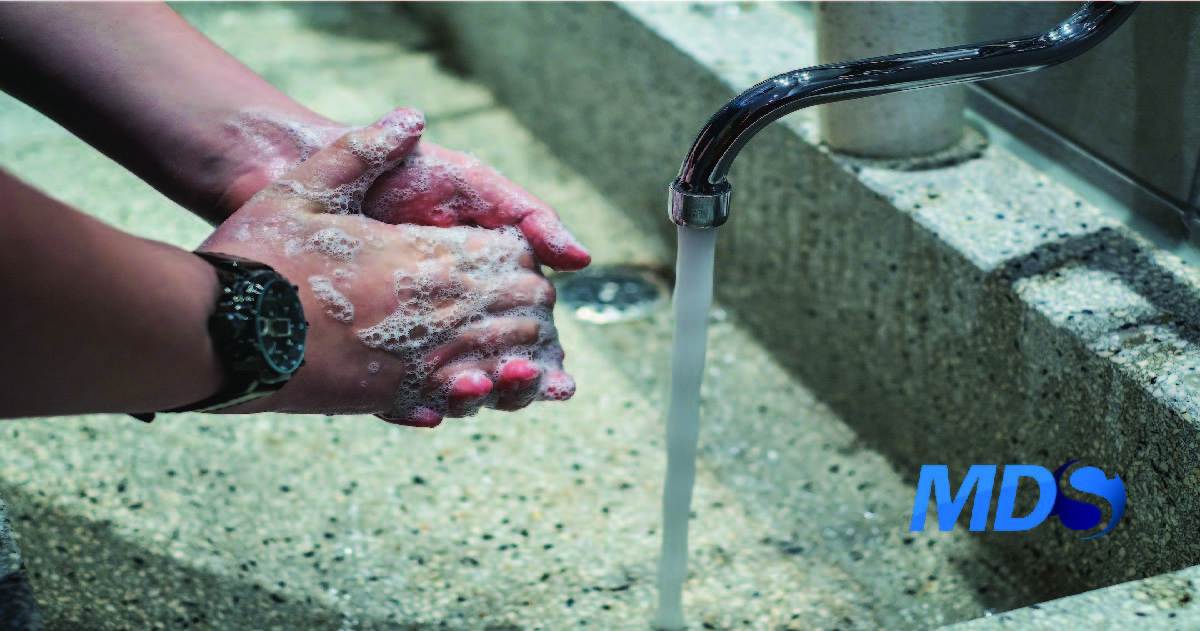
03/20/2020
In the past several weeks the whole world has been introduced to the worst enemy a human can have – the one you cannot see, but you know it’s there. Most of us reacted surprised, and the main consequence is plain confusion for most of us.
When we get confused we tend to fear (especially the invisible and the unknown), and fear leads to panic. However, this is the ABSOLUTE WORST thing that can happen! As long as we keep our cool, do the necessary, but do it in the best possible manner, our chance to overcome the newest obstacle dramatically rises. So, stay calm, and remember, you have a responsibility to yourself, but there is one even greater than this one – responsibility to the society you live in. Caring for yourself means caring for everyone else, especially on the open road.
Heroes of the Road
Everyone who could - took their jobs home, but there is someone who makes such things possible, and one of the most important links to this chain is our supply infrastructure, and that certainly means you – our heroic drivers. But this role doesn’t come without certain responsibility. As Truckinginfo stated in their article, trucking is on the front line in the fight against COVID-19 by meeting spikes in demand for certain freight movements. Many things can make this responsibility easier to handle, and it makes all the difference.
How COVID-19 is Affecting The Trucking industry
The Federal Motor Carrier Safety Administration expanded its targeted suspension of hour of service regulations for truck and bus drivers hauling certain loads related to responding to the COVID-19 coronavirus outbreak due to national emergency (). You can find the declaration on the official link here. Why did this happen? Well, since the crisis outbreak in China, sometime in January, freight demands began to fluctuate in the USA, and while loads are being generated for some drivers that are already on the road, others have gone bust, says Kevin Toney (read the full article Coronavirus: How its helping and hurting the trucking industry here).
Safety Comes First!
This declaration shouldn’t be subject to an open interpretation, and the advice from Cassandra Gaines might help you be more aware of how to take this emergency declaration. Cassandra advises:
- Safety for the driver and community comes first
Fatigue and tiredness still pose a serious threat, so don’t go over your human limits in order to avoid fatigue-related accidents.
- If a driver injures or kills someone on the road, the ED will not be a defense
- Don't self-declare that the ED applies to your shipment
This one is very serious, so before you declare your cargo as Covid-19 emergency, get something in writing from the shipper stating that the shipment is an emergency and qualifies under this exemption. It might help you consider these points:
- The ED (emergency declaration) does not apply to routine shipments
- The ED does not apply to mixed shipments where the majority is non-qualifying commodities
- The majority of the shipment must consist of the following qualifying commodities:
- Medical supplies and equipment related to testing, diagnosis and treatment of COVID-19;
- Supplies and equipment necessary for community safety, sanitation, and prevention of COVID-19 such as masks, gloves, hand sanitizer, soap and disinfectants;
- Food, paper products and other groceries for emergency restocking of distribution centers or stores;
- Immediate precursor raw materials- paper, plastic or alcohol- required to be used for the manufacture of essential items. --> This sounds like inbound shipments with materials needed to make masks, gloves and hand sanitizers.
- Equipment, supplies to establish and manage temporary housing, quarantine, and isolation facilities related to COVID-19
- Carriers must still comply with all the other regulations
Cassandra also advises trying your hardest not to violate any regulations at all, as it’s not worth the legal fees trying to defend yourself later. Read the full article here.
What to Expect at Truck Stops?
When it comes to day-to-day practice, you’ve probably noticed that some truck stops at least changed the way they usually operate, so you can consider this advice to avoid potential disappointment. Truck stops adjust their usual MO in order to provide the best preventive measures to ensure drivers' health. The three major truck stop chains say they’ve instituted new sanitation practices for dining areas and showers to help protect customers during the COVID-19 outbreak.
TA/Petro said it has suspended buffets and soup and salad bars. “However, our restaurants will remain open and all items on our menus will be available both in the restaurant and as to-go orders,” a spokesperson said.
NATSO, the trade group representing truck stops, said that many operators have converted sit-down restaurants to take-out only, especially in states that have ordered the closure of sit-down dining establishments.
A Pilot spokesperson says it is more frequently cleaning and disinfecting dining tables and other food contact surfaces. It’s also more frequently cleaning restrooms and common areas with disinfectant. The newest update is that some of the restaurants will close for overnight hours only. For a detailed list of these locations, please contact your Pilot Flying J sales representative or visit www.pilotflyingj.com/covid-response.
Here is also a useful link from Truckers News to prepare yourself on what to expect at truck stops.
What You Should Do at All Times to Fight COVID-19
Other than this, please follow the general tips on how to fight the COVID-19:
- Wash your hands frequently
- Maintain social distancing (at least 3 feet from someone who is coughing or sneezing)
- Avoid touching eyes, nose and mouth
- Practice respiratory hygiene (make sure you, and the people around you, follow good respiratory hygiene. This means covering your mouth and nose with your bent elbow or tissue when you cough or sneeze. Then dispose of the used tissue immediately)
- If you have fever, cough and difficulty breathing, seek medical care early
- Stay informed and follow the advice given by your healthcare provider on the latest developments about COVID-19
Find out more about COVID-19 prevention measures on the official Centers for Disease Control and Prevention website here.
We hope that you will find this article helpful in order to protect yourself and your loved ones against the invisible enemy. Stay healthy and preserve our supply infrastructure in the best way you can. Otherwise, use your common sense, thus ensuring the best possible outcome in days to come.
#safetyfirst

